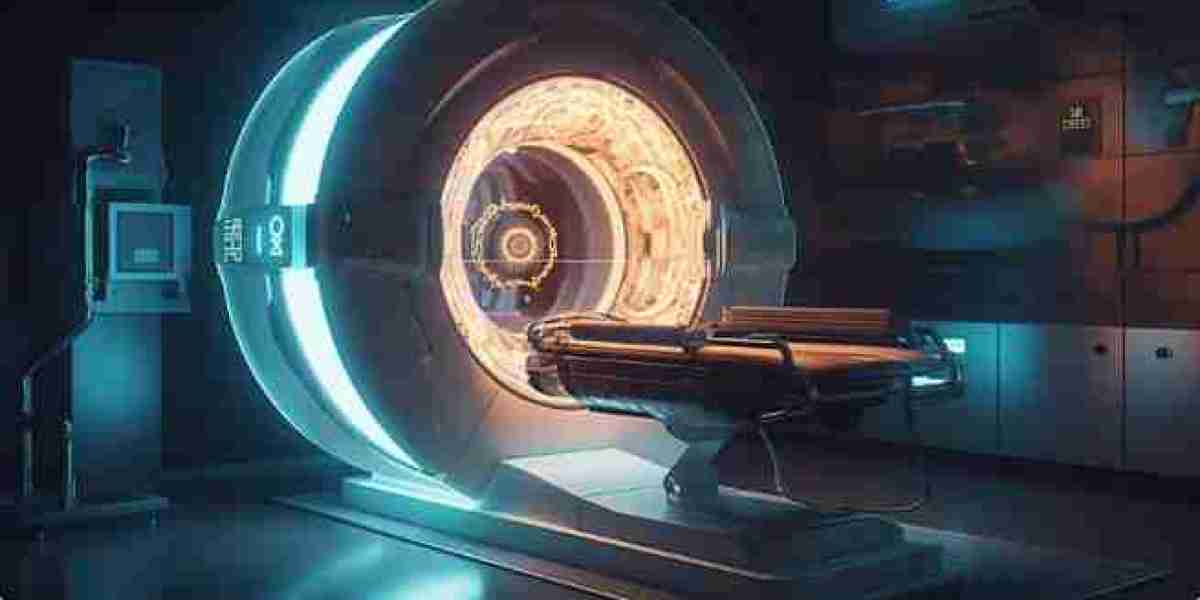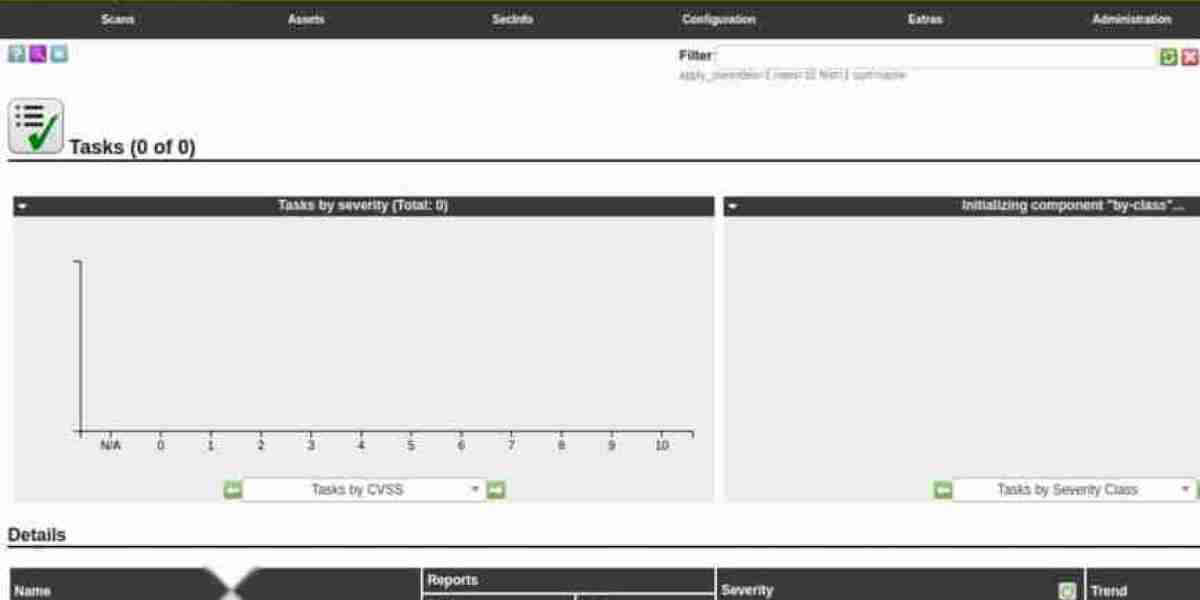Diagnostic imaging is a cornerstone of modern medicine, essential for accurate diagnoses and effective treatment plans. At Halifax Infirmary, part of the QEII Health Sciences Centre, significant strides have been made to enhance diagnostic imaging services through technological advancements. These improvements are not only elevating the quality of patient care but also addressing long-standing challenges such as wait times and workflow efficiency.
State-of-the-Art MRI Suite Enhancements
In September 2024, Halifax Infirmary unveiled a new magnetic resonance imaging (MRI) suite equipped with advanced 1.5 Tesla (1.5T) and 3 Tesla (3T) MRI scanners. These machines provide clearer, more detailed images, crucial for accurate diagnosis and treatment in various medical fields, including neurology, cardiology, orthopedics, and urology. The new suite also features patient-centric amenities like nature-inspired lighting to reduce anxiety, outpatient changing rooms, and an inpatient transfer room with a ceiling-mounted patient lift .
Investment in Advanced Imaging Technology
Recognizing the need for modern equipment, the Nova Scotia government invested $21.6 million to replace aging MRI machines and construct a new diagnostic suite at Halifax Infirmary. This investment ensures that patients have access to reliable and Halifax infirmary diagnostic imaging, facilitating timely and accurate diagnoses .
Electronic Referrals Streamlining Access
In 2023, Nova Scotia Health introduced electronic referrals (eReferrals) for MRI and ultrasound services in an effort to increase access to diagnostic imaging services. By the end of the year, the program was extended to include bone mineral density tests. This approach minimises delays and increases overall efficiency by enhancing coordination, cutting down on duplicate referrals, and informing patients about their appointments.
Hybrid Operating Room Integration
The first hybrid operating room in Atlantic Canada was unveiled by Halifax Infirmary, which integrated cutting-edge diagnostic imaging technology right into the operating room. By enabling real-time imaging during treatments, this innovation improves surgical precision and eliminates the need to transfer patients between departments. The hybrid operating room provides more flexibility and better patient outcomes by supporting both sophisticated and minimally invasive surgery.
Collaborative Care Coordination
By offering real-time patient and bed status data, Halifax Infirmary's Care Coordination Centre (C3) has improved diagnostic imaging procedures. Better imaging request prioritisation is made possible by this technology, which also helps with prompt discharges and enhances hospital patient flow in general.
Expanding Access Through Partnerships
Healthview Medical Imaging in Halifax and Nova Scotia Health signed a five-year, $7.6-million contract in 2024 to offer publicly financed MRI and ultrasound scans to patients at no cost. The goal of this collaboration is to improve access to necessary diagnostic imaging services and decrease wait times.
Conclusion
A larger commitment to improving patient care is seen in Halifax Infirmary's use of technology in diagnostic imaging services. The hospital is establishing a standard for contemporary healthcare delivery with significant expenditures in cutting-edge equipment, expedited referral procedures, integrated surgery suites, and strategic alliances. These developments strengthen diagnostic imaging halifax position as a pioneer in medical innovation by increasing diagnostic precision and guaranteeing prompt, effective patient treatment.




